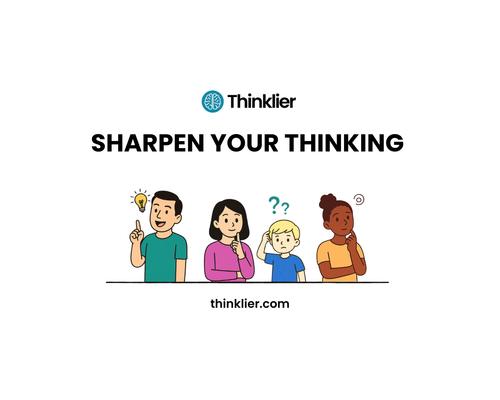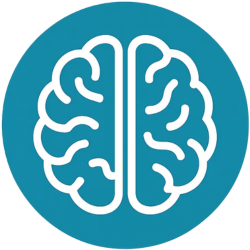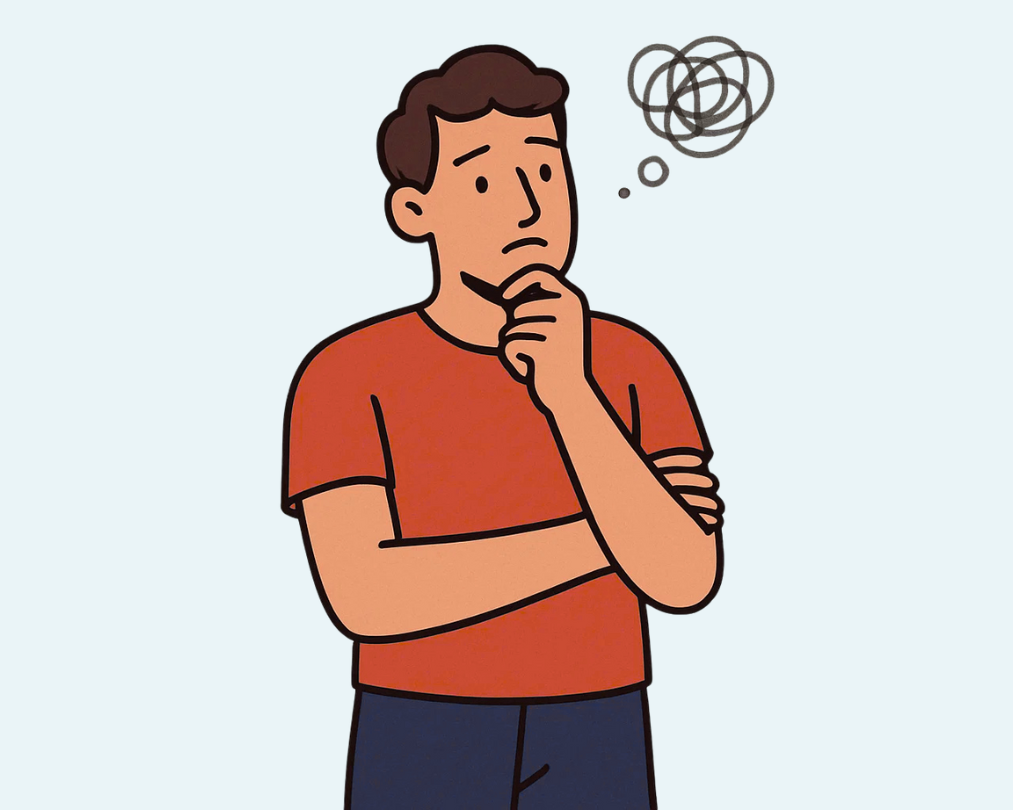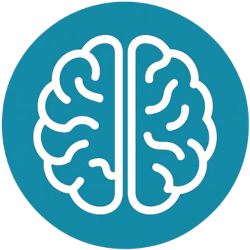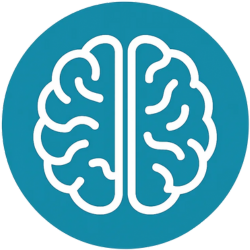Lesson 1: What is critical thinking, really?
From The Thinking Toolkit
We hear the phrase everywhere — but what does it really mean? This opening lesson cuts through the noise and lays the foundation for thinking more clearly.
We hear the phrase everywhere, but what does it really mean? This opening lesson sets the stage by exploring what critical thinking is (and isn’t), and why it matters more than ever.
We hear the phrase all the time — on job ads, school posters, self-help podcasts. “Critical thinking required.” “Think critically.” “Be a critical thinker.”
But what does it actually mean?
Most people assume it’s about being clever. Or sceptical. Or good at arguing. Some think it’s just a fancy way of saying “don’t believe everything you hear.”
But real critical thinking is something deeper — and rarer.
Thinking about your thinking
At its core, critical thinking is the ability to think about your own thoughts — to step back and ask:
- Where did this belief come from?
- Is the evidence strong or just familiar?
- What might I be missing?
- Am I being fair?
It’s not about being negative or picking holes in everything. It’s about slowing down long enough to see how your mind is working — and whether it’s doing the job well.
It’s like turning a torch inwards. You’re not just reacting. You’re noticing. Choosing. Reflecting.
The difference between thinking and thinking well
Everyone thinks. But not everyone thinks well.
We jump to conclusions. We mistake fluency for truth. We defend opinions just because they’re ours. We confuse confidence with clarity.
Thinking well means recognising these habits — and learning to catch them. It means swapping reflex for reflection. Certainty for curiosity. Speed for sense.
That doesn’t come naturally. But it can be learned.
Why it matters
In an age of misinformation, outrage algorithms, and online groupthink, clear thinking isn’t just a nice-to-have — it’s a form of self-defence.
It’s how you protect your mind from being hijacked by manipulation, marketing, or memes.
But more than that, it’s how you stay intellectually honest. How you learn to change your mind when the facts change. How you listen well, disagree well, and live with more clarity.
Mini challenge: test the torch
At some point today, notice a strong opinion you have — about anything.
Then pause and ask yourself:
- Where did I learn this?
- Could someone smart reasonably disagree?
- If I’m wrong, would I want to know?
Just asking those questions is critical thinking.
And this course will give you more tools to do it better, every day.
In short
Critical thinking isn’t about being negative or clever. It’s about stepping back and noticing how you’re thinking—with honesty, clarity, and the willingness to change your mind.
It means asking, “Where did this belief come from?” or “What might I be missing?”
The goal isn’t to win arguments. It’s to see more clearly.
Download the companion workbook
To get the most out of this lesson, download the workbook — it gives you space to reflect and one simple habit to build.
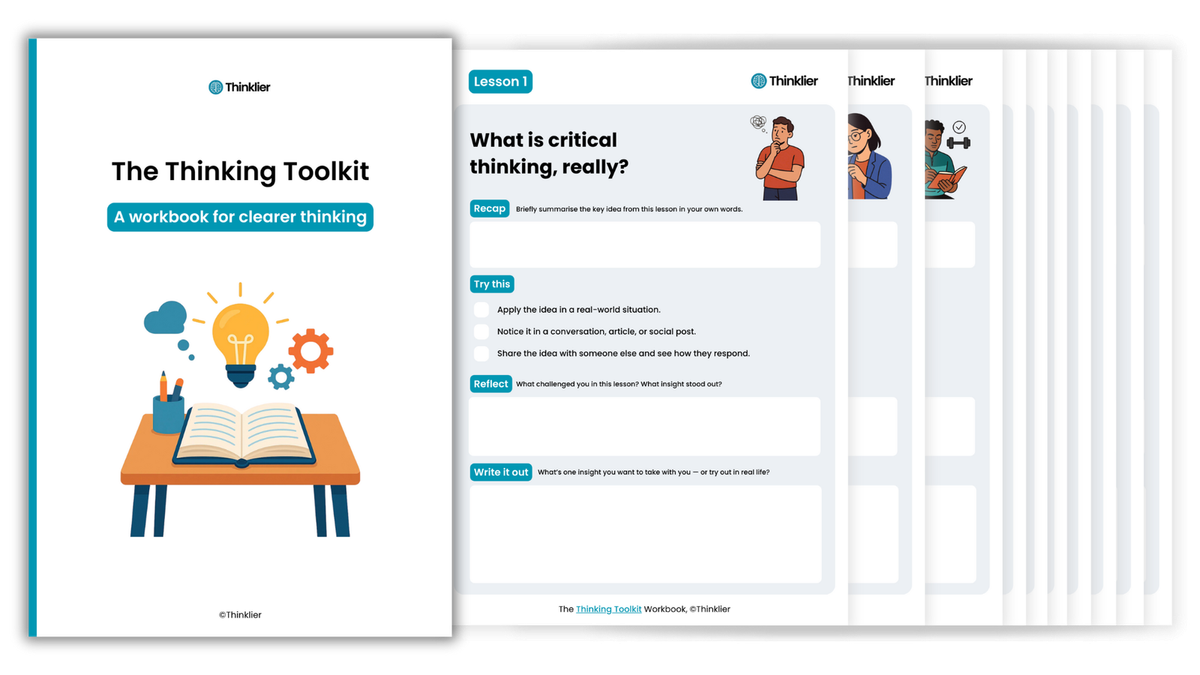
Next up



